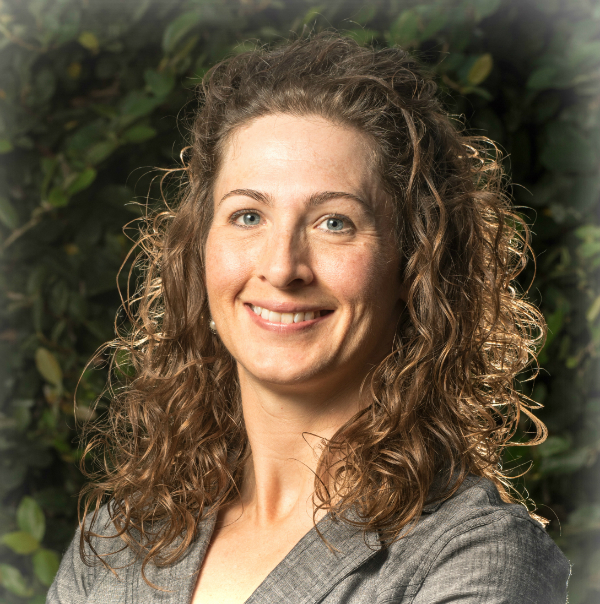As John Maxwell says: “To stay in your strength zone is a priority that will increase your productivity and ability to reach your potential.”
Most professionals would love to work in their strength zones, but many do not actually fully grasp what their strength zones are. Without fully understanding your core skills and abilities, it is extremely difficult to leverage your unique strengths to maximize your potential.
The good news is that finding your strengths, understanding them and leveraging your talents is not as mysterious as it may sound. Some professionals simply ‘fall’ into their strength zone after years of life and work experience. Perhaps you were fortunate to have a mentor that saw your talents early on and gave you a focus for your development. If not, you could be drifting and not quite sure what the next steps in your career should be.
How to Find Your Strengths
There are four main methods to determine and understand your unique skills and abilities. I recommend that you use all of them for a comprehensive view of your core strengths.
Trial & Error
Many people ‘fall’ into their strength zones through life experiences or trial and error. While more time consuming, this method does allow you to immerse yourself in the experience and gain knowledge by living it. If you ‘try out’ something, you will know within several weeks if it’s not a good fit. You will learn what you like and what you don’t like. If you feel that something is still a ‘trial’ after 90 days, it might be time to move on.
Ask a Mentor
Mentors are a huge advantage for your professional development by sharing not only wisdom of experience but valuable educated outside perspective. A good mentor is someone who is focused on helping you professionally without bias or agenda. Ask your mentor what they consider your strengths are and why. Don’t forget to ask about your opportunities for improvement. Understanding your strengths is important, but so is being aware of any gaps.
Personality Tests
Evaluations such as DISC, Myers-Briggs, and the Birkman Method will shed light on your natural inclinations and reveal strengths as well as weaknesses that you weren’t even aware of. It’s a good idea to take a personality test once every 3-5 years. We change and evolve as we mature, learn and experience new things. A personality test is quite helpful in evaluating our traits and understanding our stress responses.
Uppers & Downers
This is a self-evaluation that I give to all of my clients seeking to shift careers. It helps you understand exactly what tasks drain you and which ones give you energy. First, write down all of your skills and common tasks – such as: what do you regularly do at your work. Next, note whether each item on your list is something that gives you energy or drains you. It’s not uncommon to be good at something that you really don’t like doing. The idea here is to become very specific about how your strengths articulate themselves in your everyday life.
Leveraging Your Strengths
Discovering your strengths and unique abilities are only part of the journey. Once you evaluate and understand your personality, areas of excellence and opportunities for improvement – it’s time to create an action plan to put this knowledge to good use. Working in your area of strength is vitally important to for long-term fulfillment and career satisfaction!
Now you will have a better idea of what types of jobs will fit you. For some, this revelation requires a career change, for others – maybe just a slight shift will put them on the right path. Consider what your investment in time and energy needs to be to ensure a successful career journey and create a plan to get there.
Understanding Your Weaknesses
During the investigative process, you probably discovered areas of perceived weakness. There is a big difference between a personality trait and a skills gap. Skills can be learned and everyone must have a personal development plan in order to become an achiever in their area of strength. However, you cannot change from introverted to extroverted – nor should you try! Each personality has their own special contributions to make in this world.
Don’t ignore your natural inclinations but don’t try and fix them all. For example: if interfacing with the public drains you, that’s a personality trait. I don’t recommend that you try and ‘fix’ a personality trait, this is typically a waste of energy. Learn how to mitigate the impact of a weakness on your life and career, but focus your energy into sharpening your strengths.
Maximize Your Potential
Your potential can only be reached when you are armed with the knowledge to develop a plan. It took me many years of organic growth to find my ‘sweet spot’ and maximize my strengths. Now I am able to not only deliver value more effectively, I’m much more productive and happy.
Remember that you are always evolving! Every year I sit down and create an outline of how I will develop myself based on my goals and my strengths. This plan changes each year as I mature, learn, experience, grow and evolve as a person. The most impactful thing a friend said to me once was: “May you always have something to look forward to”. I look forward to every day, every month and every year as a journey with endless possibilities.
Originally published at besomebody.com


